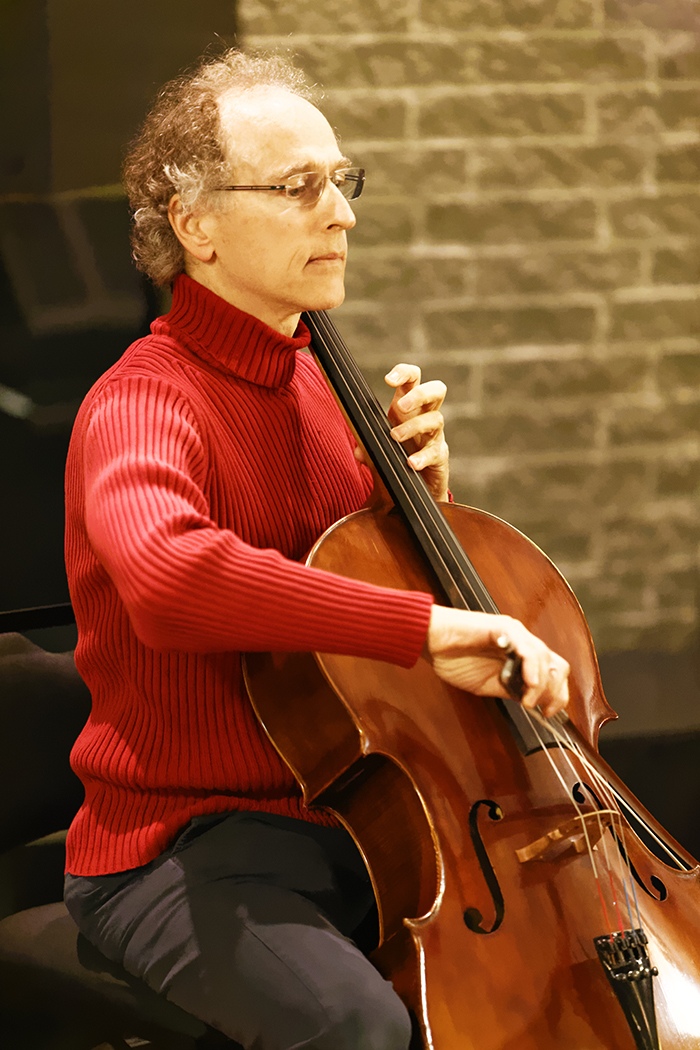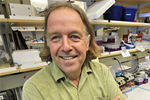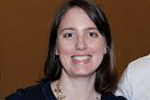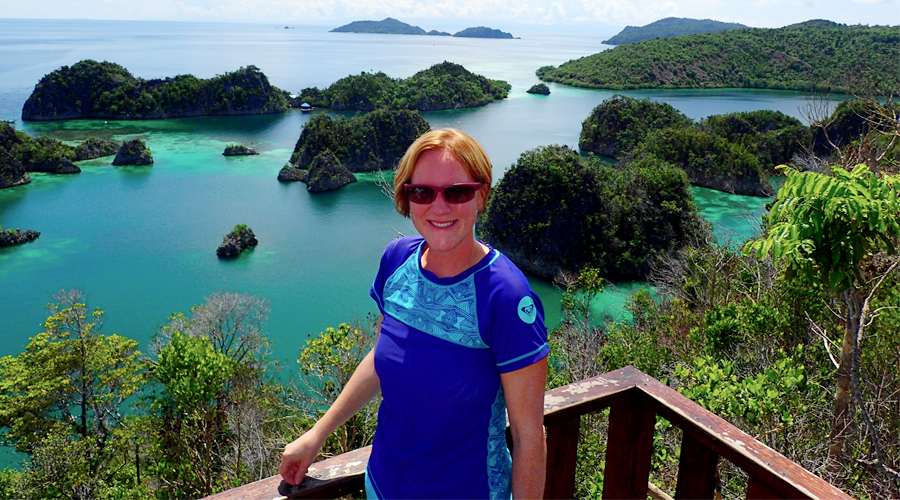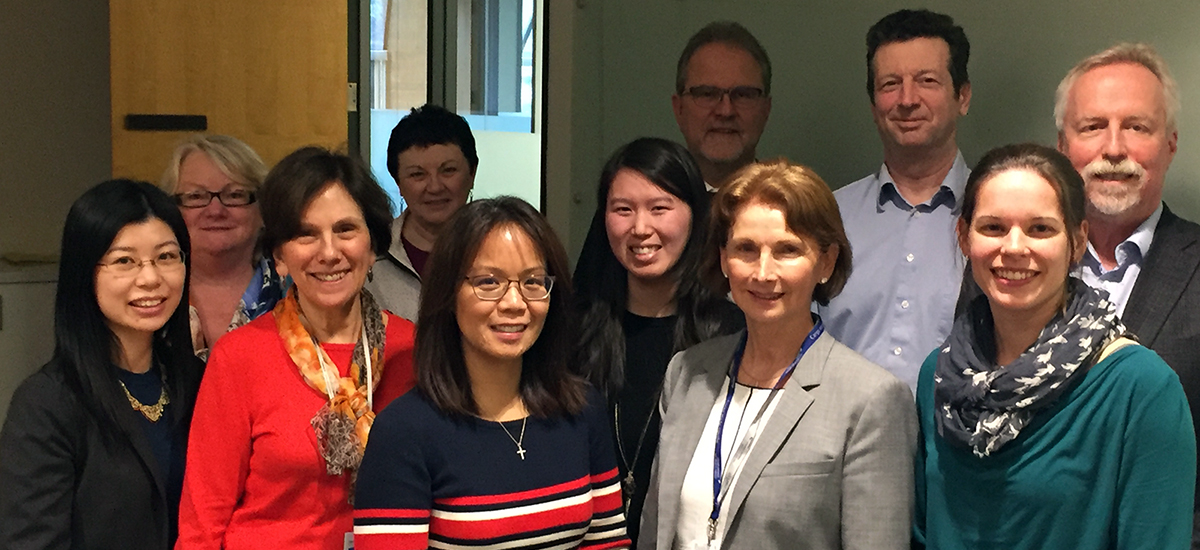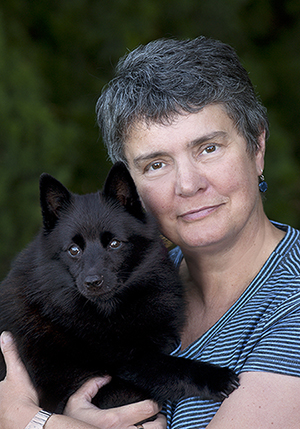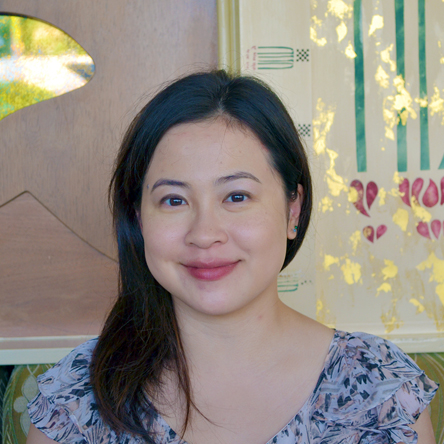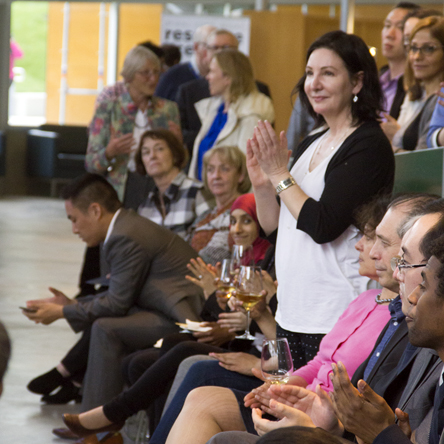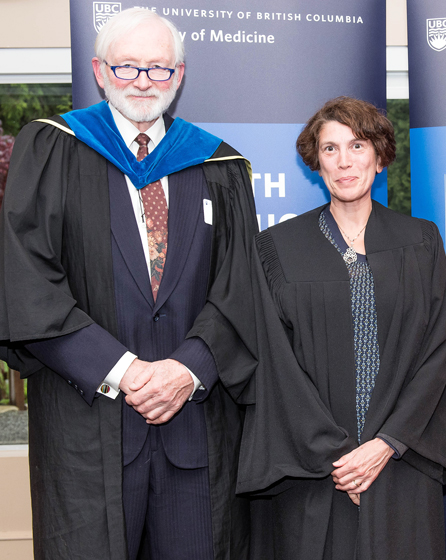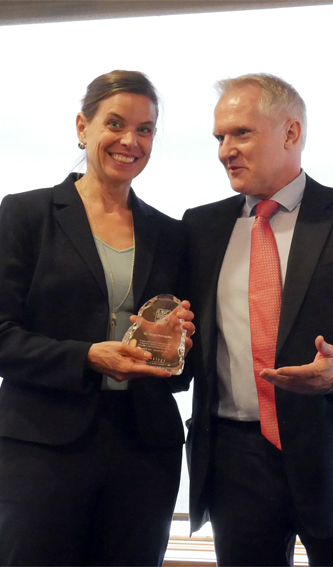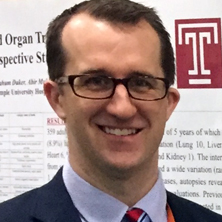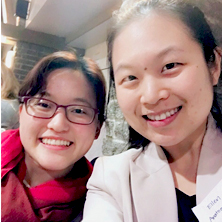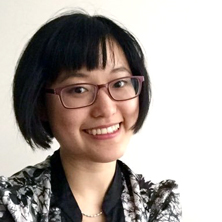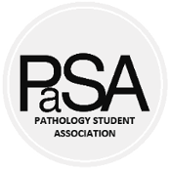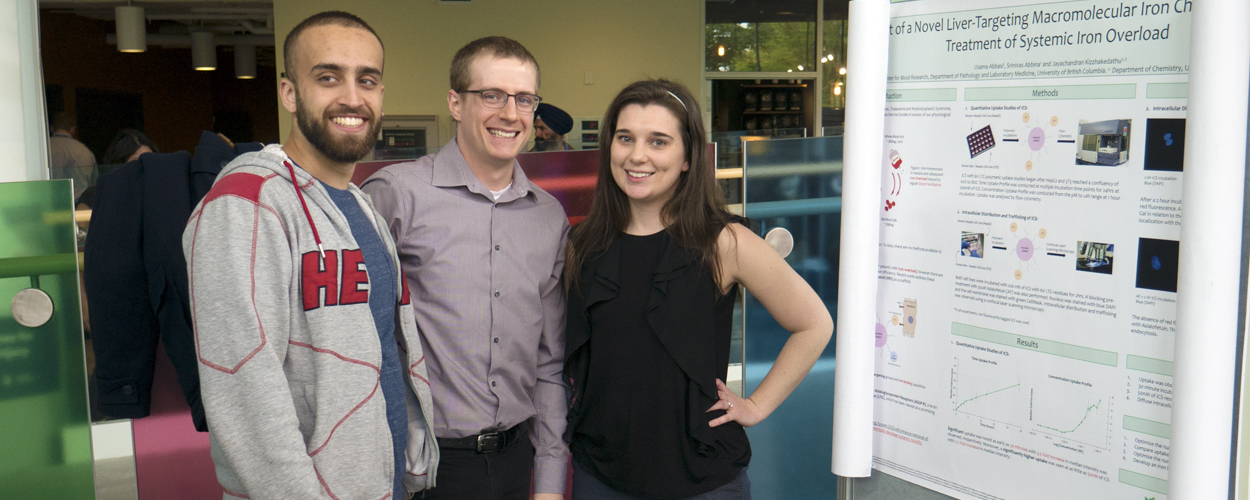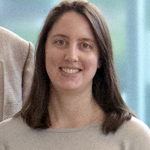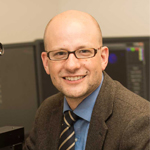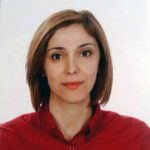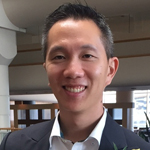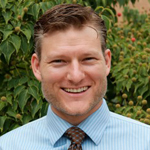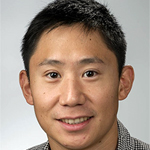I was born in Vancouver, but grew up in smaller places within BC, living in Squamish, Williams Lake, Kamloops and Grand Forks, before the age of 18. Subsequently, I moved to Vancouver and completed all of my formal education at UBC. I completed a BSc in Pharmacy, and worked as a pharmacist at Vancouver General Hospital while attending medical school. During medical school I met my future husband, with whom I developed a love for outdoor activities, scuba diving and exotic travel. We got engaged while snorkeling in Panama, and married between medical and residency.

I completed my medical microbiology residency in 2014. Fortunately, I had the opportunity to return to the Interior of British Columbia, as a medical microbiologist at the Larissa Yarr Medical Microbiology laboratory in Kelowna General Hospital (KGH), joining two lovely microbiologists working there already. This has been a very interesting and challenging position, as the clinical service covers the entire Interior Health region, including many smaller remote communities. We have 4 laboratories, 2 of which we run remotely by mostly phone consultation. Our medical microbiology team frequently travels to these smaller communities providing education to both physicians and our technologist staff. I find this work rewarding, since I grew up in a few of the small communities I now serve.
Since starting my position, I’ve been involved in developing laboratory procedures for Ebola virus disease and Creutzfeldt-Jakob Disease, developing quality indicators and laboratory test stewardship initiatives, developing MALDI TOF MS procedures, as well as many regional bench procedures, supervising validation of commercial molecular tests, and now am working on opening a real time PCR laboratory at KGH. I will be supervising a UBC Okanagan microbiology Co-operative student this summer who will be working on PCR validations for our team. It has been exciting to see our laboratory services expand, benefiting the population we serve. I have been recently appointed the discipline director for medical microbiology in Interior Health, which will allow me to develop my leadership skills going forth. Luckily, I do have a more experienced microbiologist available as a mentor.
My husband and I are enjoying the Okanagan lifestyle, and are lucky to be living right on the lake. It has been nice to be closer to family, many of whom still live in the Interior. We especially enjoy the Okanagan summers mountain biking, hiking, boating, kayaking, stand up paddle boarding and swimming in the lake. We snowboard in the winter, and spend as much time as possible traveling (and scuba diving) to avoid the cold. We are fortunate to have traveled to Raja Ampat, Indonesia, Playa Del Carmen, Mexico and Kona, Hawaii this past winter.
